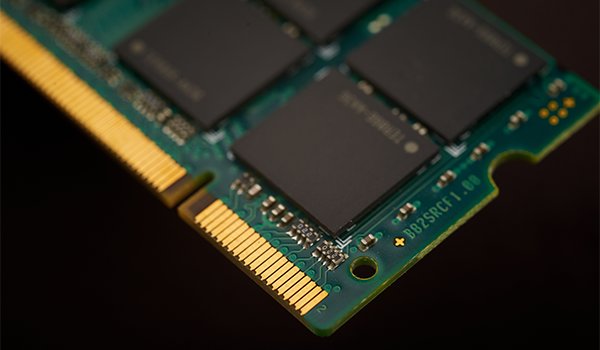

 News
News Industry News
Industry NewsChinese Mainland actively promotes the localization of state-owned enterprises and self owned brands, with the goal of achieving 25% chip localization rate by 2025, and achieving full independent production by 2027. Especially in the field of new energy vehicles, automotive ICs are the first to face challenges. The analysis of the driving IC industry points out that although this process is not mandatory, it will still bring more pressure to Taiwanese manufacturers. However, industry insiders say that IC design requires time accumulation, especially for automotive ICs that require a longer validation time, so there is still room for Taiwanese manufacturers to play in the future.

According to mainland driven IC industry insiders, the Chinese Ministry of Industry and Information Technology has set a goal to achieve a 25% localization rate for chips next year. This goal will be achieved through a point system, and the government will invest national funds to subsidize the research and development of domestically produced chips. Electric vehicles have been listed as a key area, and it is expected that by 2027, the entire vehicle chip will be fully localized.
At present, the number of chips required per traditional fuel powered vehicle is 600 to 700, while electric vehicles have increased to 1600, and smart cars have doubled to 3000. BYD Chairman Wang Chuanfu pointed out that in the first half of the new energy vehicle industry, we look at the battery, and in the second half, we look at the chip. The chip is undoubtedly the focus of competition in the future automotive industry.
Faced with this trend, Taiwanese manufacturers are already on high alert, especially those driving the IC industry. Mainland competitors utilize mature processes combined with strong government subsidies, and even sell low-end products at cost prices, leading to fierce competition. Since the end of last year, Taiwanese manufacturers have shifted to mainland wafer foundries to meet customer demand and alleviate cost pressures.
Despite fierce competition among low-end products, Taiwanese manufacturers are still continuously improving the performance of high-end products. IC specifications must be continuously followed up and improved. In the face of price competition, they can only improve their design technology capabilities, develop products with added value and differentiation, and provide customers with competitive solutions.
The relevant supply chain also pointed out that although the Chinese Mainland government has made great efforts to promote localization, whether manufacturers can keep up with it is another problem. In the past, there were also significant efforts to rectify, but ultimately led to industrial disorder and the abuse of subsidies. In addition, the certification of automotive chips takes a long time, and it usually takes more than four years from introduction to final mass production. Therefore, excessive reliance on subsidies is not a long-term solution.
Industry insiders have privately revealed that the Taiwan factory still holds a technological advantage at present. Taking automotive chips as an example, once entering the overseas market, the quality requirements for chips will improve, and ultimately, it will still rely on technical support from Taiwanese manufacturers. In addition, due to the high selling price of terminal products, Taiwanese factories also have more room for negotiation.
Fushite Technology is deeply involved in the field of power devices, providing customers with microcontrollers (MCUs), touch chips, IGBT, IPM and other power devices. It is an electronic component supplier and solution provider with core technology.